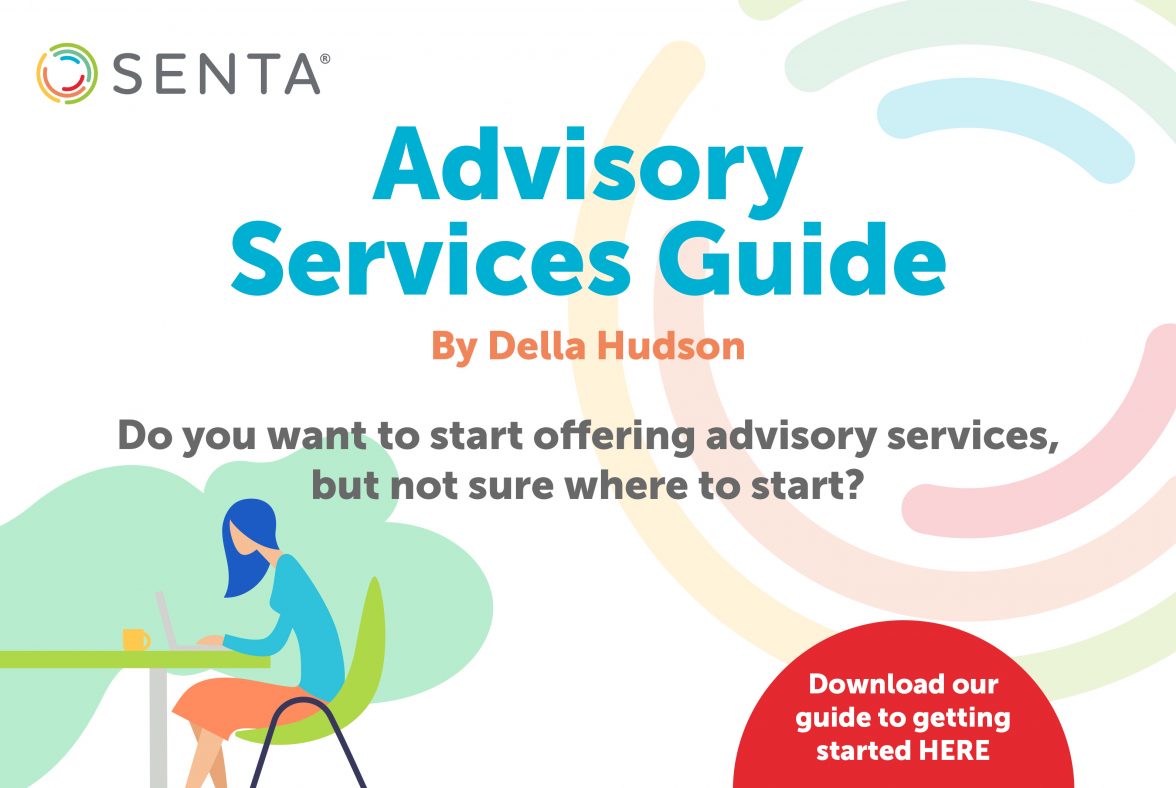Off payroll working in the private sector can be confusing to understand, but it’s vital to do so if you are a contractor, or you procure the services of a contractor/similar intermediary at your company. As a HMRC policy, off-payroll working rules (also known as IR35) are frequently updated, and some changes will be implemented in the 2021 tax year. Read on to understand off payroll working and learn about the upcoming revisions.
What is off payroll working, or IR35?
HMRC’s off payroll working rules are applicable to those who perform a service for a company, without being an employee. Those who need to abide by the IR35 rules are usually contractors, but they can sometimes provide their service through another type of intermediary such as in the form of an individual or partnership.
The IR35 rules are designed to ensure that these people pay adequate tax, as they would if they were an employee at the company they are working for. Therefore, if it is deemed that the rules do apply to an individual, their fees will be subject to tax and National Insurance contributions in the same way that wages would be.
When off payroll working rules apply
Each client-contractor agreement must be assessed separately to determine when/if the IR35 rules apply – it could be that some contracts are subject to the rules and others are not.
It is either the client or the intermediary that must decide if the IR35 rules apply, but generally if the individual providing the service would be ‘classed an employee if they were contracted directly’, then the rules apply. HMRC have created an
employment status check tool, in order to help determine this.
Changes to off payroll after 6th April 2021
Until the April 2021 tax year, for workers providing a service to a client in the
public sector, it’s been up to the client to determine the individual’s employment status and therefore if the rules apply. For workers providing a service to a client in the
private sector, however, it’s been up to the intermediary to decide their own employment status for each individual contract.
After 6
th April 2021, when the new tax year begins, the rules are changing slightly. Not only clients in the public sector – but also
medium and large clients in the private sector – will be responsible for determining when the IR35 rules apply. Those providing services to
small clients in the private sector will remain responsible for the assessment.
How does IR35 impact payroll?
As per the above rules, in many cases it is the responsibility of the client or company – not the contractor – to determine if the off payroll working rules should apply. So, any company that procures the services of an individual who is not an employee, must be familiar with IR35.
In most companies, it is likely to be the HR and payroll department who must make the assessment,
and decide if the off payroll rules apply to the contractor. After an employment status check has been carried out, if the individual would be included on the company payroll (if they were directly employed), then it is likely that IR35 rules should apply.
How can you remain compliant?
Company owners and management teams must ensure that the payroll team, or person responsible for assessing the applicability of the rules, has a thorough understanding of them. HMRC offer webinars, workshops, and educational calls to help with this. See
HMRC’s off payroll/IR35 tools.
Only by fully understanding off payroll working rules can a company ensure they remain completely complaint. Therefore, it’s important to devote adequate time and attention to the matter if you’ll be procuring the services of a contractor or similar.
Penalties for non-compliance
HMRC believe that in the past a significant portion of contractors have not paid adequate tax, and the off payroll rules have not been applied. This is one of the reasons why the responsibility of determination is being moved over to clients, instead of contractors.
In the instance that an individual contractor has not complied with the rules, they could be subjected to penalties. In addition to the request to pay outstanding tax and national insurance, penalties can include the request to pay late payment fines and additional interest.
In the instance that a client has neglected to apply the rules, they will be asked to pay the late payment fines and any additional interest. HMRC also have the power to send out fines for up to 100% of the outstanding amount.
As of 6
th April 2021, even more companies will be made responsible for ensuring that the IR35 rules are applied to contractors, so it’s never been more important to learn about this HMRC tax policy. For help understanding this, and other HMRC
legislation,
get in touch with the experts at IRIS FMP.





